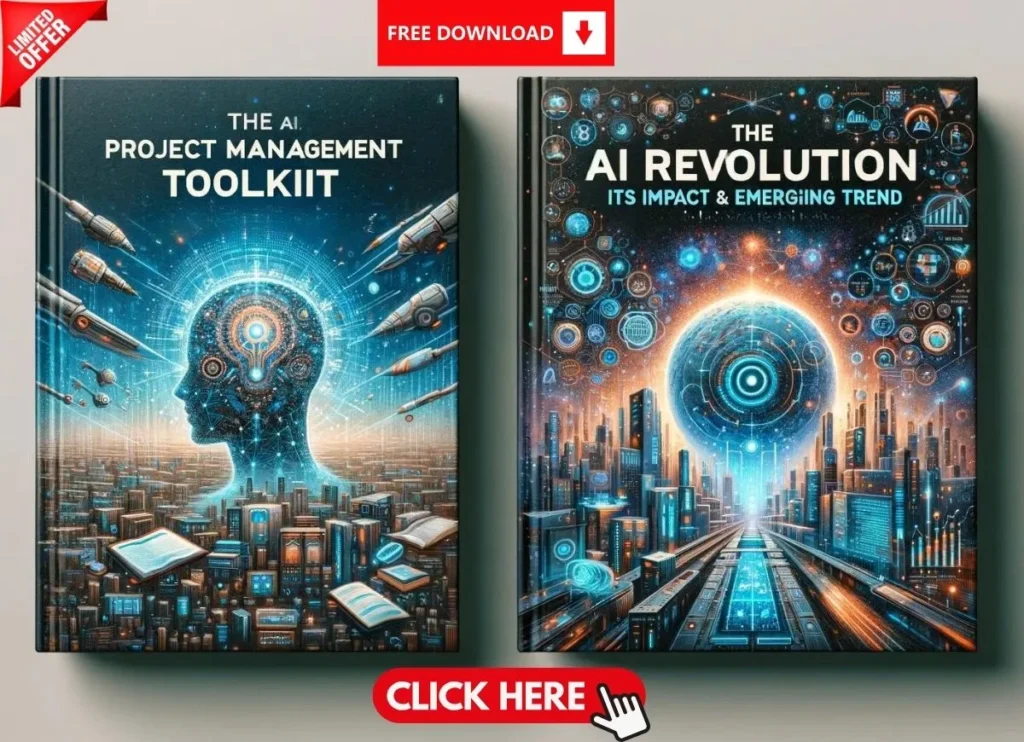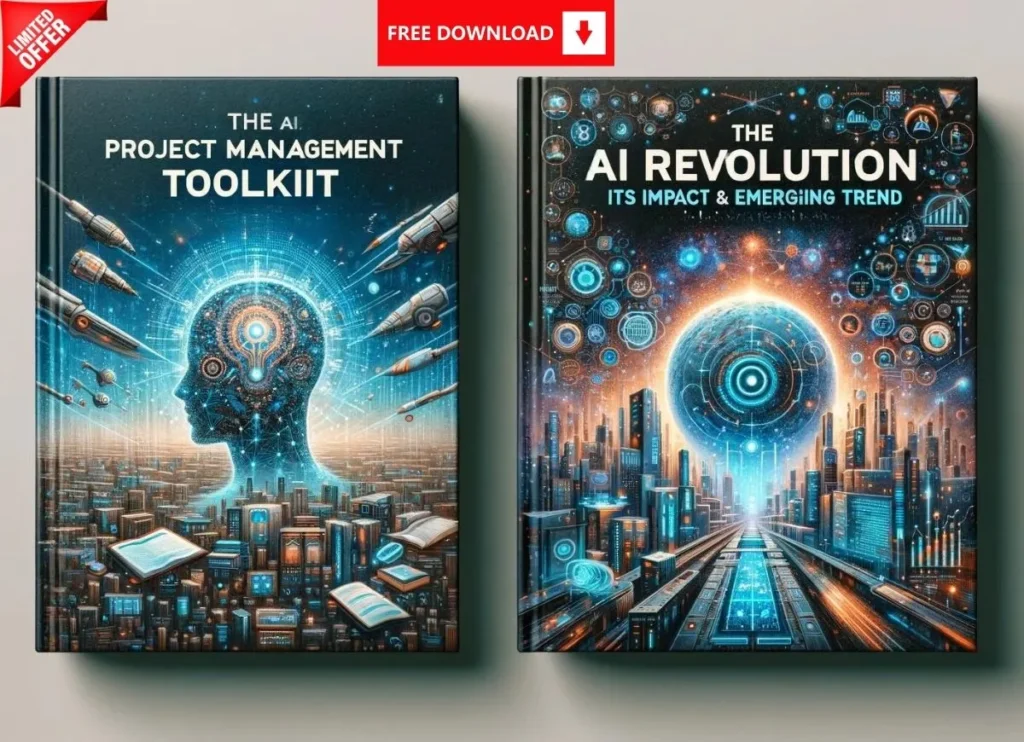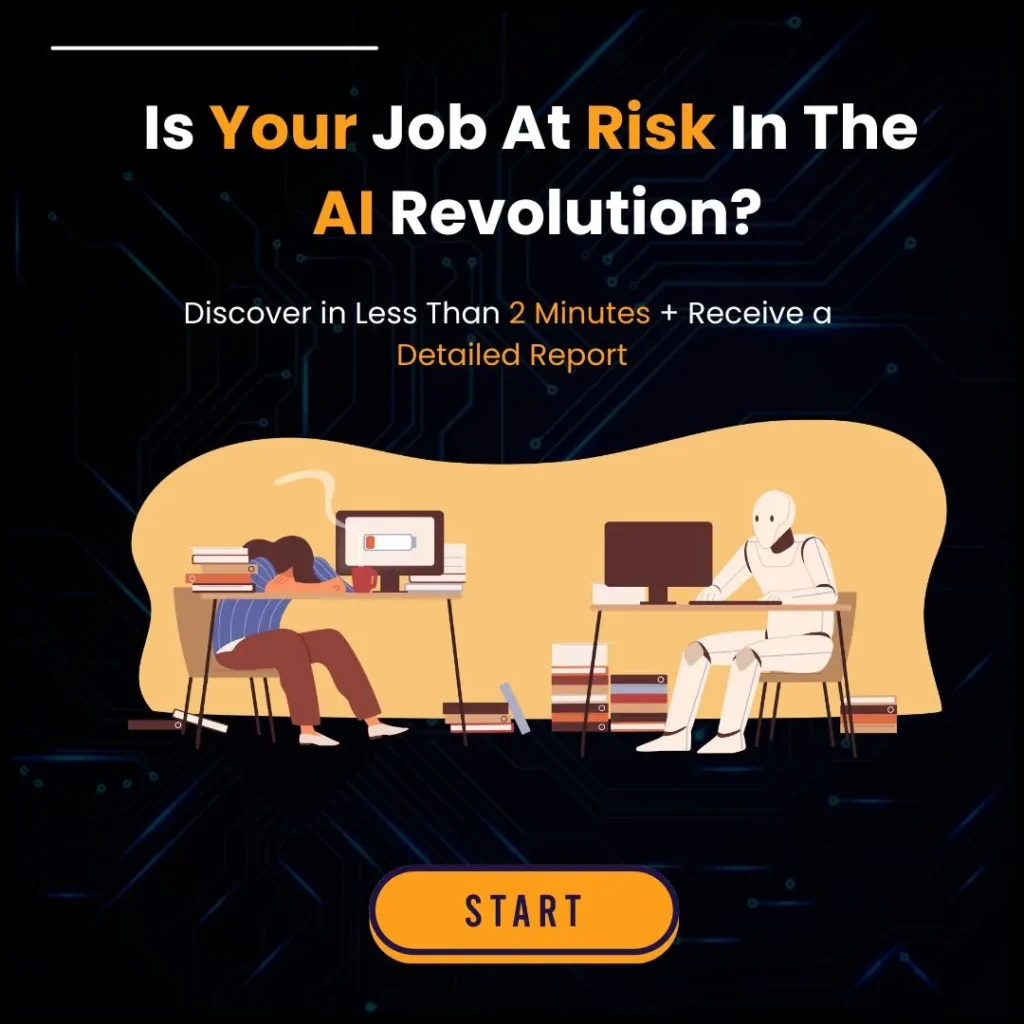📈 Introduction
The AI revolution is not on the horizon; it has arrived. Organizations are fiercely competing to recruit AI Project Managers (PMs) who can seamlessly connect innovative technology with tangible business outcomes. However, a staggering 86% of professionals transitioning into AI PM roles encounter at least one significant career-limiting mistake, as highlighted in the 2023 LinkedIn Talent Report.
In this comprehensive guide, we’ll explore the seven most common Pitfalls for Project Managers Transitioning to AI Project Management and provide actionable strategies to sidestep them like Neo dodging bullets in The Matrix. Whether you’re a seasoned project manager eyeing a pivot into AI or an aspiring AI PM, understanding these common mistakes and how to avoid them is crucial for your career success.
💡 Tip: Focus on building practical AI projects that demonstrate your ability to apply theoretical knowledge to real-world business challenges.
🥇 1. The Certificate Collector’s Curse: When Participation Trophies Backfire
🎯 Understanding the Certificate Collector’s Curse
Certificates can often serve as participation trophies in the AI landscape. While they signal a certain level of commitment and knowledge, they don’t always translate to practical skills that hiring managers prioritize. According to a 2024 Gartner study, 67% of hiring managers prioritize hands-on project experience over certifications when selecting AI PMs.
Pitfall: Overemphasizing certifications without demonstrating practical application can leave you stuck in the job hunt despite numerous credentials.
🛠️ How to Sidestep the Certificate Collector’s Curse
Solution: Shift your focus from collecting certificates to building practical solutions. Instead of racking up multiple certifications, invest your time in developing impactful projects that showcase your ability to apply AI concepts to real-world business problems.
Example: A marketing PM automated lead scoring using OpenAI’s API, resulting in a 22% reduction in sales cycles. This hands-on project not only demonstrated her technical skills but also her ability to drive tangible business outcomes.
Recommendation: Consider promoting Gururo’s Post Graduate Certificate in AI Project Management, which integrates theoretical knowledge with practical experience through live projects mentored by industry experts—akin to a gym membership where you actually see results.
🛡️ 2. Code-Phobic Paralysis: When “I Don’t Do Code” Becomes Career Suicide
🎯 The Importance of Technical Fluency
The outdated belief that “PMs don’t need to code” is no longer viable in the age of AI. Job postings for AI PMs requiring “technical fluency” surged by 214% year-over-year (Burning Glass, 2023). While you don’t need to be a coding expert, familiarity with technical concepts is essential.
Pitfall: Ignoring the development of technical skills can limit your effectiveness as an AI PM and make you less competitive in the job market.
🛠️ Overcoming Code-Phobic Paralysis
Solution: Develop a basic understanding of coding and AI technologies. Learn key terminology such as embeddings, transformers, and fine-tuning. Utilize tools like ChatGPT for generating basic code snippets and familiarize yourself with no-code platforms such as Akkio or Bubble for rapid prototyping.
Example: By using ChatGPT for generating code snippets, a PM can effectively communicate with technical teams and better understand the feasibility of AI solutions.
Recommendation: Invest time in learning technical skills through courses and hands-on projects. This will enhance your ability to bridge the gap between technical teams and business objectives.
🌐 3. Network Neglector Syndrome: Why Your Inbox Is a Ghost Town
🎯 The Critical Role of Networking
“If you build it, they will come” applies to baseball fields, not AI careers. A surprising 80% of AI PM positions are filled through referrals or internal networks (McKinsey, 2023).
Pitfall: Relying solely on applications without leveraging your network can significantly reduce your chances of landing an AI PM role.
🛠️ Building a Robust Professional Network
Solution: Actively engage in networking activities. Attend both virtual and in-person AI meetups to expand your circle. Engage thoughtfully on LinkedIn by commenting on industry trends. Join specialized communities like AI PM Hub or MLOps Collective to connect with peers.
Example: By joining AI-focused LinkedIn groups and participating in discussions, a PM can connect with influential professionals who can refer them to job opportunities.
Recommendation: Make networking a regular part of your career strategy. Building meaningful connections can open doors to opportunities that aren’t advertised publicly.
💡 4. The Imposter Syndrome Iceberg: How to Stop Feeling Like a Fraud
🎯 Understanding Imposter Syndrome in AI PMs
Even top engineers at OpenAI sometimes Google basic concepts like “what is a tensor?” AI evolves rapidly, with 72% of AI PMs experiencing imposter syndrome (Harvard Business Review, 2024).
Pitfall: Allowing imposter syndrome to undermine your confidence and prevent you from leveraging your strengths effectively.
🛠️ Combating Imposter Syndrome
Solution: Recognize and embrace your unique strengths. Former finance PMs possess superior risk modeling skills compared to many tech graduates. Ex-teachers excel at simplifying complex ideas for stakeholder engagement.
Example: A former finance PM leveraged their risk modeling expertise to develop robust AI models for financial forecasting, demonstrating their unique value to potential employers.
Recommendation: Focus on your unique skills and experiences that differentiate you from others. Emphasize how your background can add unique perspectives to AI project management.
🔧 5. One-Size-Fits-All Folly: Why AI-Washed Resumes Get Trashed
🎯 The Importance of a Tailored Resume
Sending the same resume to every employer is as cringe-worthy as using ChatGPT for wedding vows. A generic resume fails to highlight how your skills align with the specific needs of each employer.
Pitfall: Using a one-size-fits-all resume can prevent you from standing out in the competitive AI PM job market.
🛠️ Crafting a Tailored Resume
Solution: Research the target company’s AI maturity level. If applying to a healthcare startup, emphasize your ability to leverage NLP for automating patient triage. Use tools like Jasper to customize your resume with relevant keywords from job descriptions and A/B test different versions.
Example: Tailoring your resume to highlight relevant projects and skills for a healthcare AI PM role, such as NLP and patient triage automation, makes you a more attractive candidate to that specific employer.
Recommendation: Customize your resume for each application to reflect the specific skills and experiences that align with the job description. This increases your chances of passing through Applicant Tracking Systems (ATS) and catching the recruiter’s attention.
⚡ 6. Portfolio Procrastinator’s Paradox: Done > Perfect
🎯 Understanding the Perfectionism Paradox
Waiting for the “perfect” project idea? Spoiler alert: it doesn’t exist. Perfectionism can delay your progress and prevent you from gaining valuable experience.
Pitfall: Striving for perfection can hinder your ability to complete projects and demonstrate your skills to potential employers.
🛠️ Embracing Imperfection and Taking Action
Solution: Start small and iterate. Build projects even if they’re not flawless. Real-world experience trumps theoretical perfection.
Example: A Gururo student developed a GPT-4 chatbot for his local library despite some initial bugs—and secured a role at an edtech unicorn because real-world experience trumps theoretical perfection.
Recommendation: Focus on completing projects and learning from them rather than waiting for them to be perfect. Use feedback to improve and iterate on your projects.
🏡 7. Niche Knowledge Neglector: Why Generalists Get Ghosted
🎯 The Need for Specialization in AI PMs
Claiming to be an “AI generalist” without specific expertise is akin to calling yourself a chef because you can microwave ramen. Specialized knowledge makes you more valuable and effective.
Pitfall: Being a generalist can make it difficult to demonstrate expertise in any one area, reducing your attractiveness to employers.
🛠️ Focusing on Specialization
Solution: Combine your industry knowledge with AI technologies. For example, former retail PMs can merge their expertise with computer vision for shelf analytics. Ex-bankers can develop fraud detection models using transaction data.
Example: A former retail PM utilized computer vision to develop shelf analytics, enhancing inventory management and customer experience, thereby demonstrating specialized expertise in both retail and AI.
Recommendation: Identify niche areas where you can apply AI technologies to your existing industry knowledge. This unique combination can set you apart in the job market.
🛣️ Your AI PM Transition Cheat Code
Transitioning into AI Project Management requires more than just collecting certificates or memorizing algorithms; it demands strategic skill-building and leveraging your unique experiences.
Solution: Focus on strategic skill development and practical experience. For those seeking an accelerated path, consider Gururo’s Post Graduate Certificate in AI Project Management—this program stands out by combining Ivy League-level coursework with real-world projects for Fortune 500 companies—no fluff involved.
🎯 Conclusion
Transitioning into AI Project Management is a strategic move that can significantly advance your career in the AI revolution in 2025. By avoiding common pitfalls such as overemphasizing certifications, neglecting technical skills, overlooking the power of networking, succumbing to imposter syndrome, using generic resumes, striving for perfection, and failing to specialize, you can position yourself for success.
Remember, the key to a successful transition lies in building practical skills, leveraging your unique strengths, and actively engaging with the AI community. Consider enrolling in comprehensive programs like Gururo’s Post Graduate Certificate in AI Project Management to gain the knowledge and experience needed to thrive in this dynamic field.
🚀 Final Tip: Embrace continuous learning and practical experience. The AI revolution is happening now—equip yourself with the skills and mindset to lead and innovate in AI Project Management.
Take your career to the next level with our Post Graduate Certificate in AI Project Management and gain the skills needed to lead cutting-edge AI projects with confidence and expertise.








